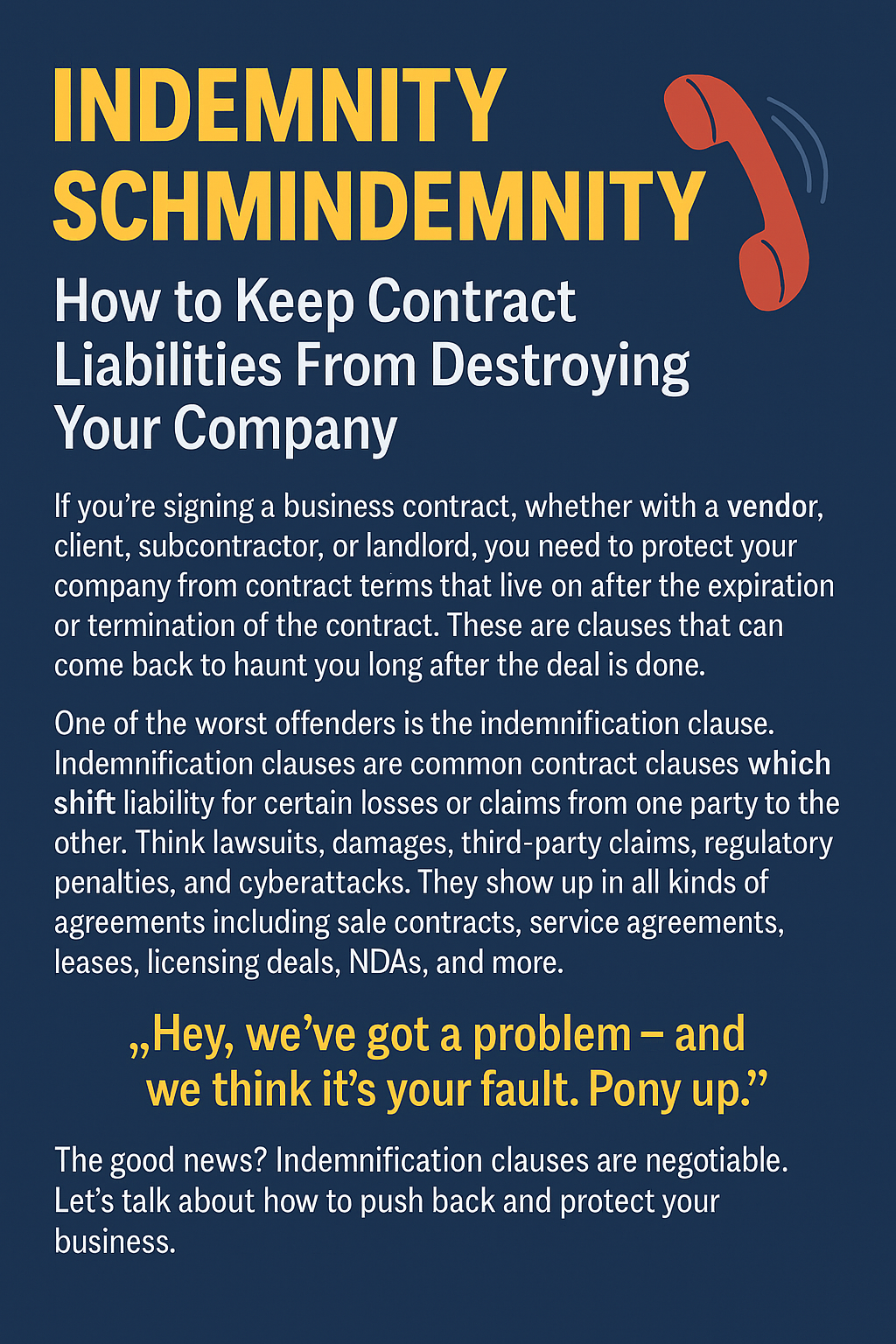What Happens To Contracts In A Merger
Businesses merge for a variety of reasons. Business owners might choose to combine their companies in order to grow faster, increase market share, or just for the thrill of taking over a new business. A merger typically involves two different businesses merging into one larger company; after all, if you're combining your operation with another business, why not go all the way and make it bigger? This type of merger requires two very important things: parties that are willing to agree on terms (specifically how they'll split the pie), and contracts (which lay out exactly how everyone will do what they say they'll do). It cannot be emphasized enough how important these agreements are between parties--without them, there's little hope of anything actually getting done.
So, we have two businesses merging and we have contracts that will help guide them in this process. Unfortunately, sometimes one or both of these businesses will go out of business before the merger is complete.
What happens to these contracts then? Can they be saved?
Unfortunately for most parties involved, no. A contract cannot survive the death of either party unless it's assigned under a corporate agreement (such as stock purchase agreements)--which has its own set of issues--or if the contract is supported by consideration produced before the termination. This rule does not apply, however, to consumer contracts; they're typically controlled by state law and can thus continue after one party dies (or even both parties). Typically, there isn't a whole lot of consumer contracts going around between businesses, but keep it in mind if you're ever thinking about merging with another business.

So What Can You Do In A Merger?
Well, the contracts may still die alongside the company that wrote them which leaves us with no protection and without recourse against the other party. However, unless we entered into some kind of merger agreement ahead of time which outlined how our contract would be dealt with if one or both parties died. A "survival clause" is a common feature found in merger agreements; this states that certain terms and conditions survive and continue even after one or both parties have died (or otherwise terminated). If there's not such a clause included here, we're much out of luck and cannot recover damages or enforce our agreement.
That said, there may be a few ways to go about this if your contract isn't the only thing that died in this merger. If one of the parties did not fulfill all of its responsibilities following the merger's completion, then you may be able to base an argument on breach of contract. You might also have grounds for relief if another party claimed it didn't actually know about the terms and conditions set out in your agreement (constructive knowledge). Again, however, these are typically unavailing so it would be wise to consult with an attorney who is familiar with commercial law before trying either option. As mentioned earlier, you should at least check state laws surrounding consumer contracts; if one or both parties are consumers, the contract may continue even if all other business contracts are extinguished.
There's no way to save your agreement in a merger--and that's quite unfortunate since it puts you at a disadvantage. The best thing you can do is be aware of this possibility ahead of time and include a contingency clause in your merger agreement before it happens. If that doesn't work out for you, see if there are any statutory exceptions available so you have some legal recourse afterwards.
Should I Consult An Attorney About Mergers?
Before signing an agreement, check state law on successor liability and mergers, this is not an easy task so consult a trusted attorney. Ralph Munyan can assist in all aspects of Business and Tech Law, as well as general legal counsel for everyday needs. Considering all possibilities is a job for a professional, Contact Us today!
This post is not legal advice. Contact an attorney today.
7301 Mission Rd 244 M
Prairie Village, KS 66208
All Rights Reserved | Ralph F. Munyan Attorney At Law, LLC










